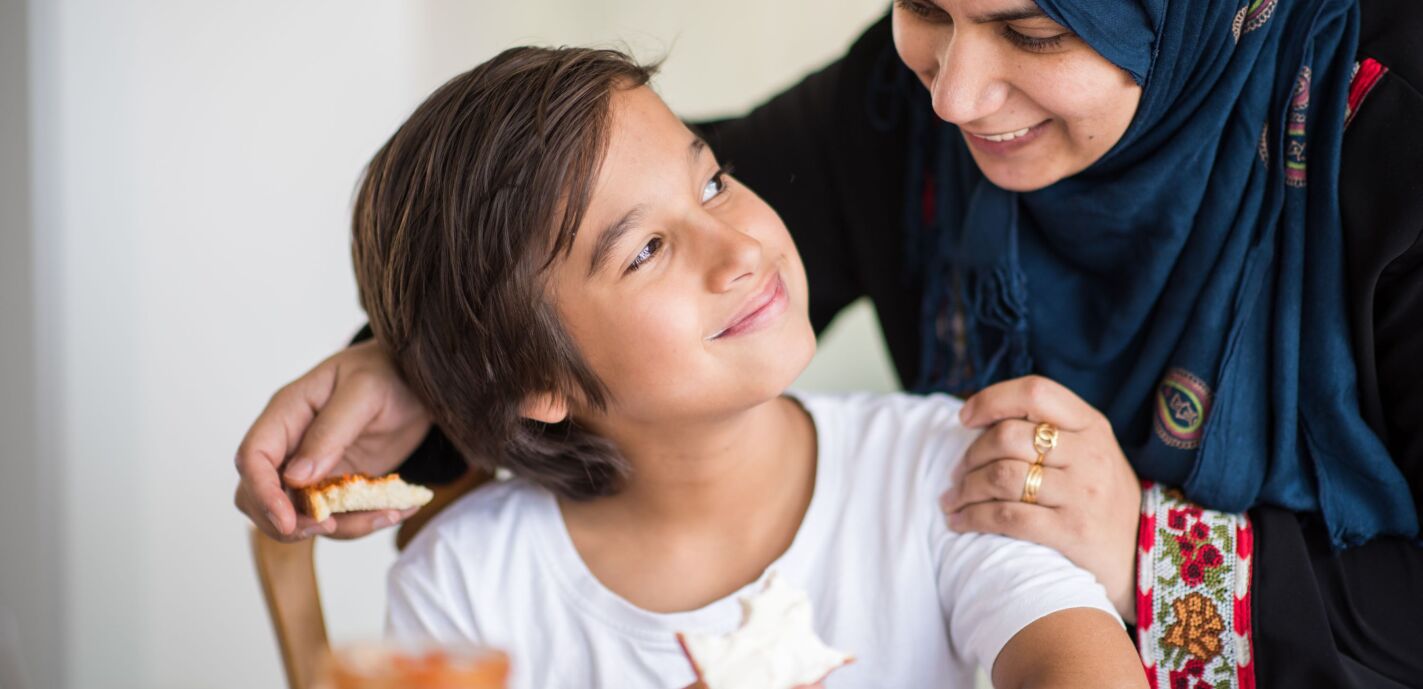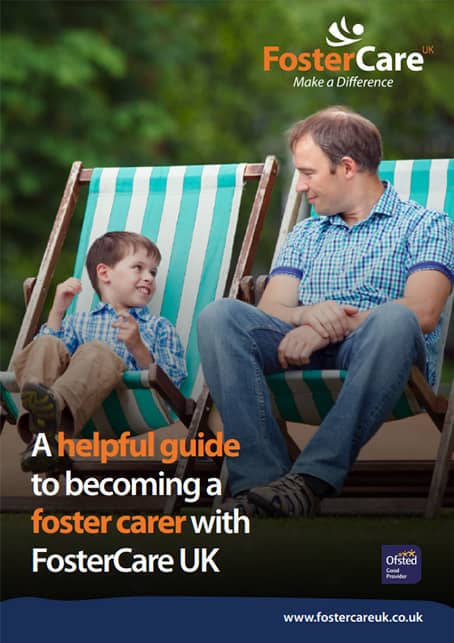


What happens when a child is taken into care?
Benefits of being a foster parent
What is a care leaver?
How to become a foster parent
How to foster a child
What are the foster care requirements
Can I choose who I foster?
Fostering with pets FAQ
How long does it take to become a foster parent?
What is the role of an independent fostering agency?
Fostering a disabled child
Tips for coping when foster placements end
Do foster carers pay tax?
What to expect in a fostering assessment
Common Fostering Challenges and Solutions
What disqualifies you from being a foster carer?
Muslim Fostering
Fostering as a single parent
Can you foster a child with a criminal record?
Can you work and foster?
Top 10 fostering myths
Can I foster if…?
Can I foster and rent?
LGBT Fostering: can I foster if I’m gay
Top transferable skills to become a foster carer
Can you foster with a mental health condition?
Christian Fostering
Sikh Fostering
Cultural Diversity in Foster Care
How to encourage foster children to read
Reasons for a child to be taken into care
Tips for coping with attachment disorders in Foster Children
Fostering vs Adoption
What happens when foster parents get divorced?
What is reunification in foster care?
How to deal with foster child bullying
A guide to the foster care handbook
Guide to fostering young children
Types of self-harm
A guide to fostering teenagers
What are the signs of depression in foster children?
Children of all different backgrounds can be brought into the care system. Data up to and including 31st March 2019 showed that in the UK, 74% of looked after and adopted children are white, 10% are mixed, 8% are black and 4% are Asian. With children from a variety of cultural backgrounds needing homes, it is vital that our foster carers are just as diverse.
In many cases, it is more beneficial for a child’s stability and mental health to be placed with foster carers who share their cultural background - however, due to availability of foster carers, this cannot always be the case. Learn more about how we place our foster children at FosterCare UK and how to support your foster child if you come from different cultural backgrounds.
Community Care Inform and British Association for Adoption and Fostering (BAAF) conducted a study in 2011 and produced guidance requiring “foster carers and fostering services to ensure full attention is paid to a looked-after child’s gender, faith, ethnic origin, cultural and linguistic background, sexual orientation and any disability they might have. Children should be encouraged and supported to have positive views of themselves and to be proud of their identity and heritage.”
This means that foster agencies, such as FosterCare UK, have a duty to help young people in foster care remain connected with their heritage. It is in the child’s best interest to pair them with ethnically and culturally similar foster parents. For example, it could be more beneficial placing a Muslim child with a Muslim foster family as they will be able to grow and develop their religion in a supportive and understanding environment. Equally, being brought up with people who practise your religion, or share your cultural background, gives a child access to role models who can guide them through any questions they may have.
Our careful matching process is dedicated to placing foster children with carers who will allow them to grow into their personal identity and encourage them to develop their understanding of their culture. We aim to match foster children with families that they can easily integrate into and our main goal is to ensure a foster child feels accepted.
At FosterCare UK, we try our hardest to place each child in a home that best suits their background, however, this is not always possible due to availability. Therefore, we expect all of our carers from specific communities to be available to support children of all backgrounds. If you are to become a foster carer with FosterCare UK, it is important that you share our values – to help children build a brighter future, regardless of their race, religion or cultural beliefs.
If you find that you are paired with a foster child who has a different cultural background to your own, you will be given extra support from us. We will help you understand the child’s cultural background and how you can encourage them to develop their beliefs.
The most important thing you can do as a transracial foster family is to be respectful. You should not only allow your child to practise their beliefs, but do your own research and help them develop. Fostering is all about the child who is in need of a home – as a foster parent, it is your duty to make sure you create the best environment for them to develop and grow into their identity.
At FosterCare UK, we offer our foster carers extensive training and support to make sure you feel comfortable and at ease. For more information on diversity foster care or cultural fostering, contact our helpful team.
If you’ve got any questions or would like to find out more about fostering with Capstone, fill out the form below.
An experienced fostering advisor from your local area will then be in touch.

Start the conversation today. Our team of friendly advisors are on hand to answer any foster care questions you may have. We can offer you honest and practical advice that can help you decide if becoming a foster carer is the right path for you.


